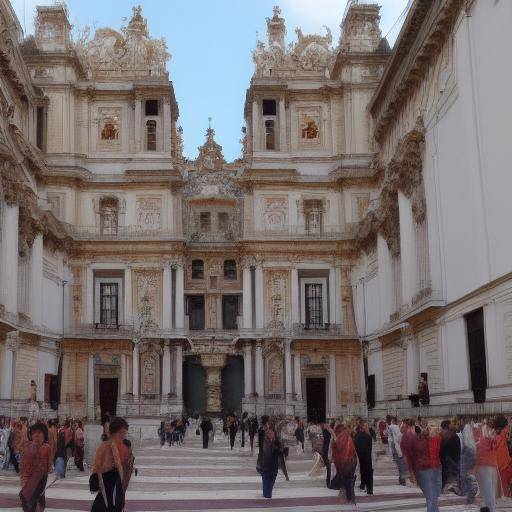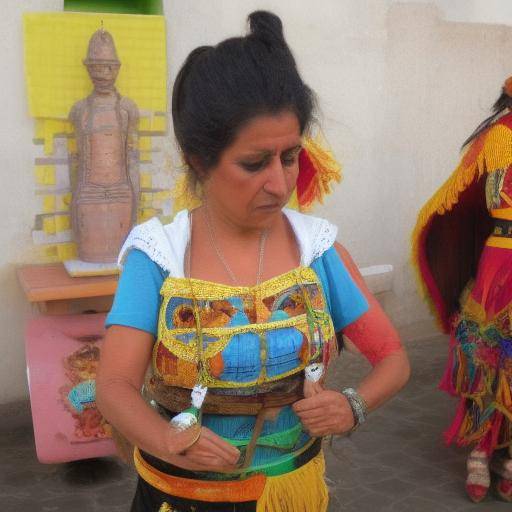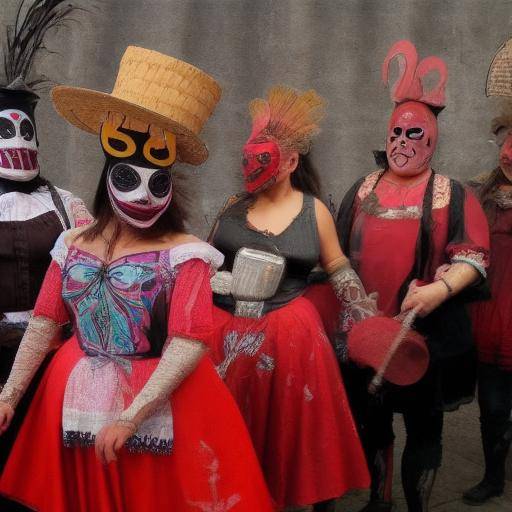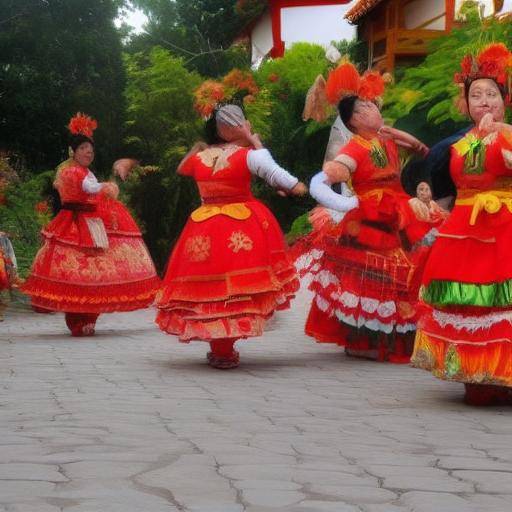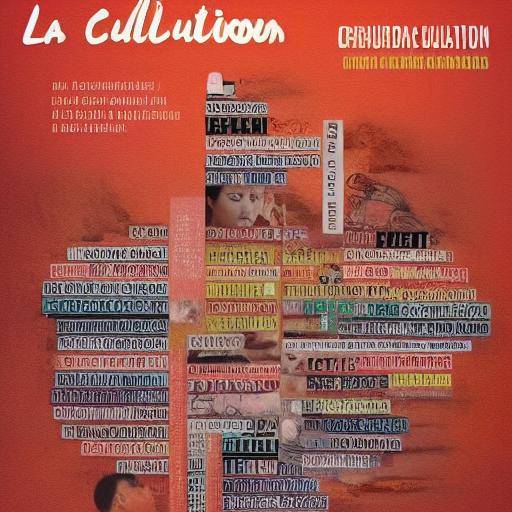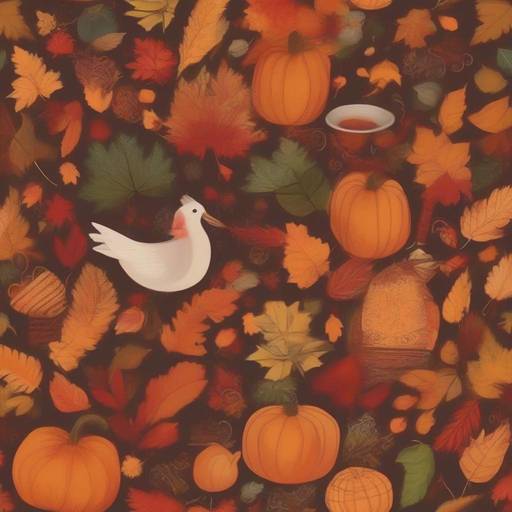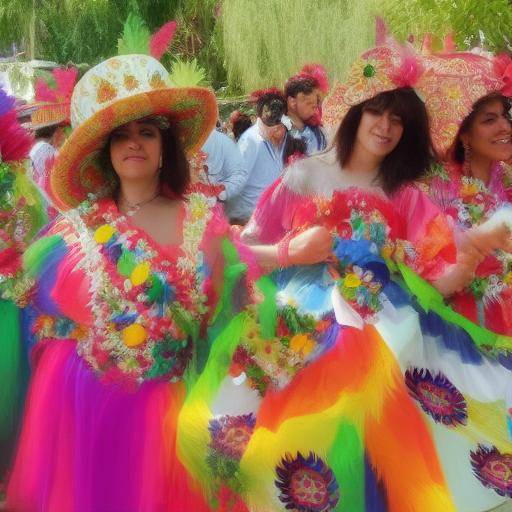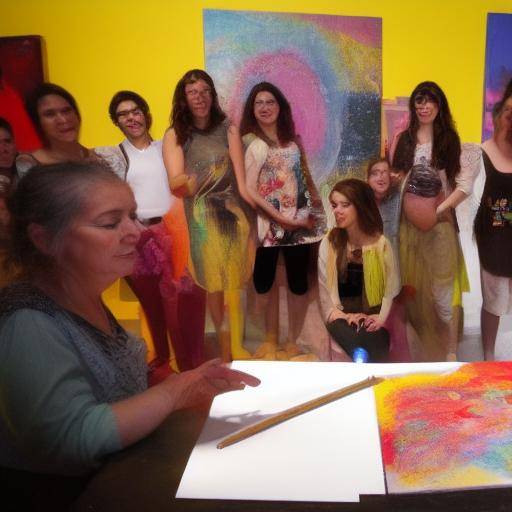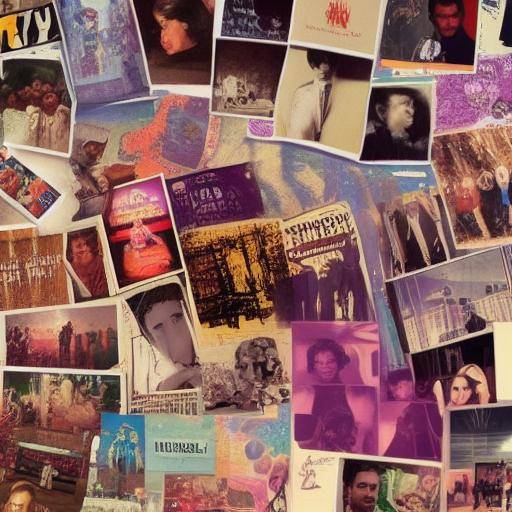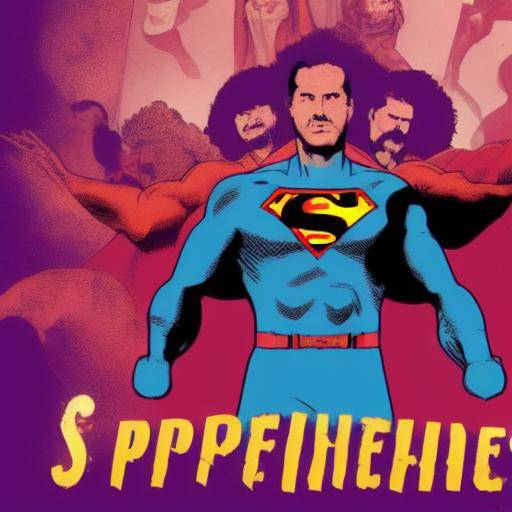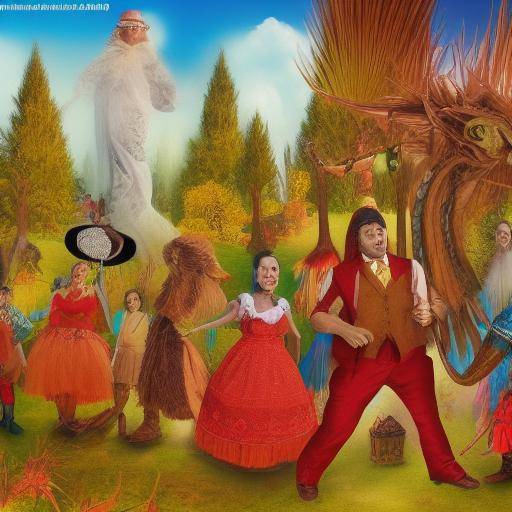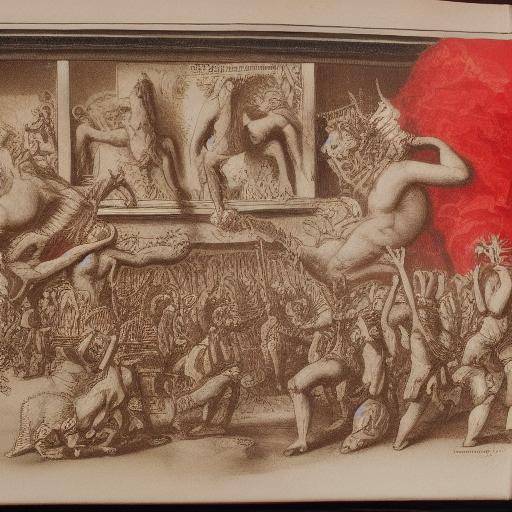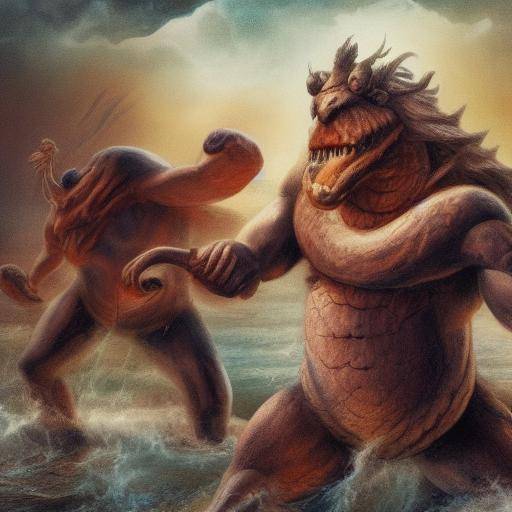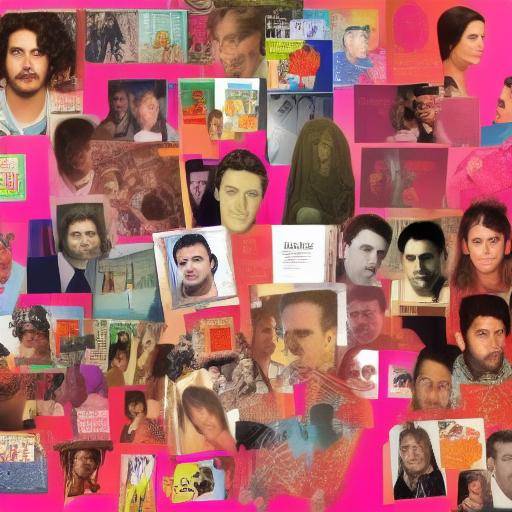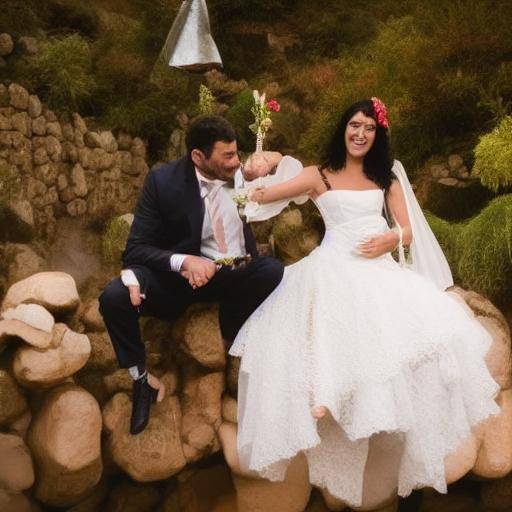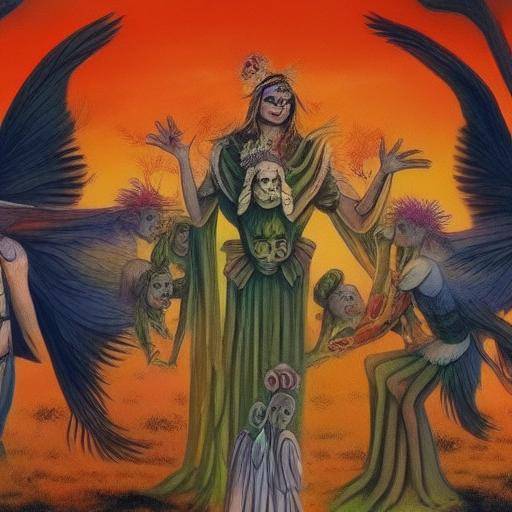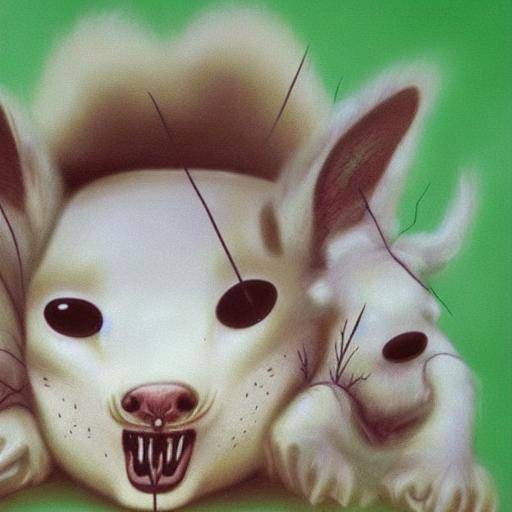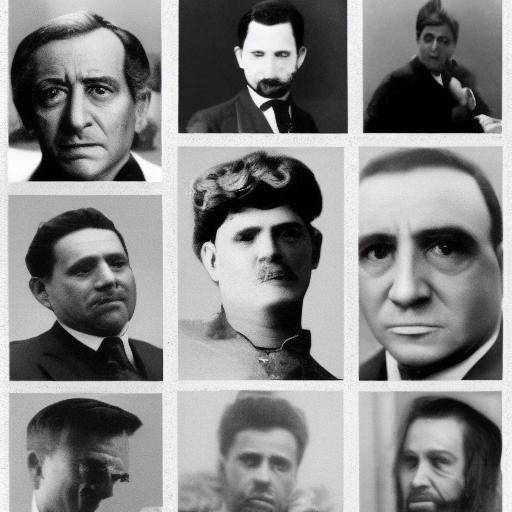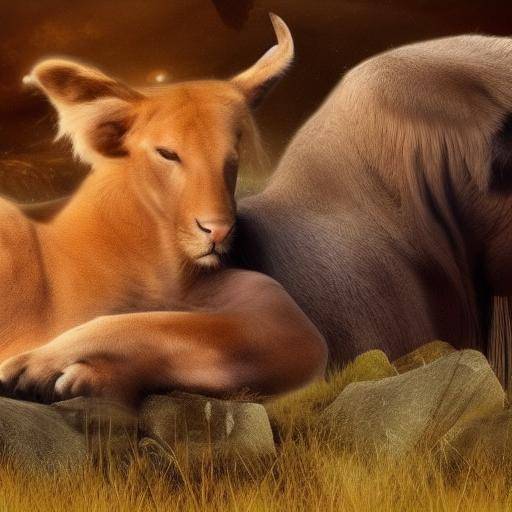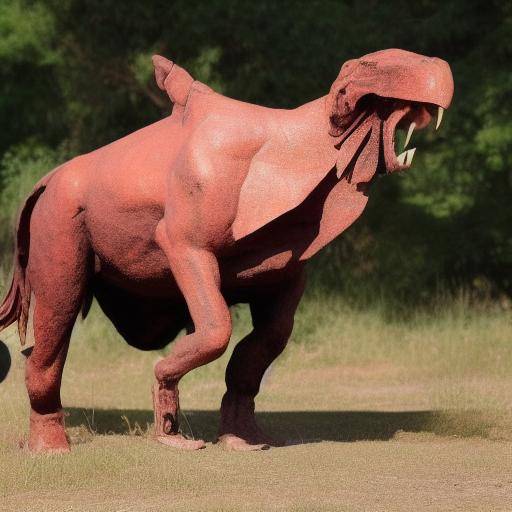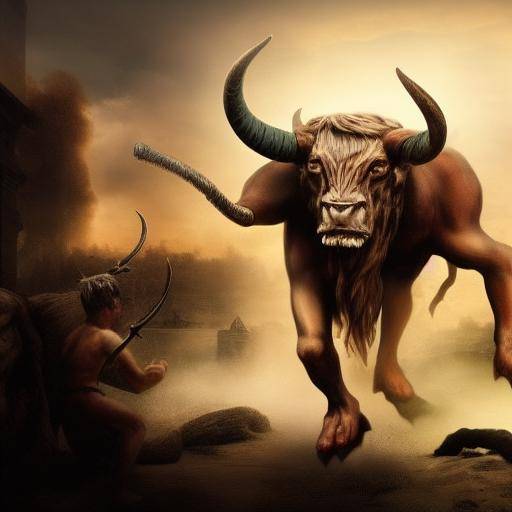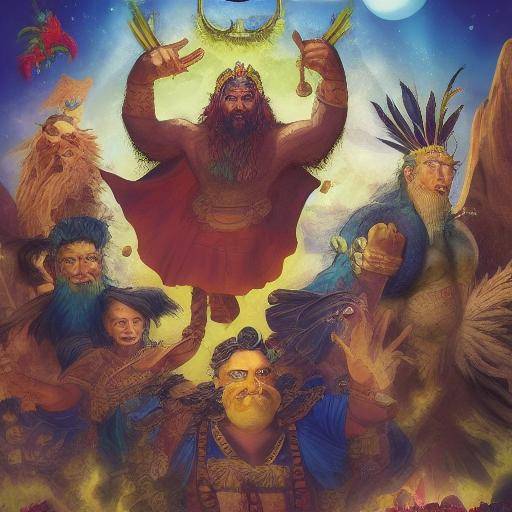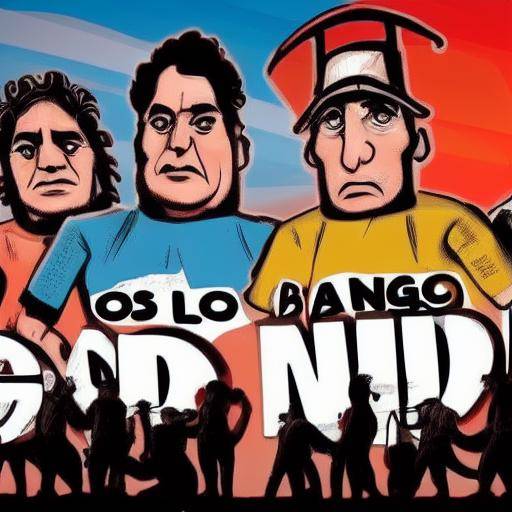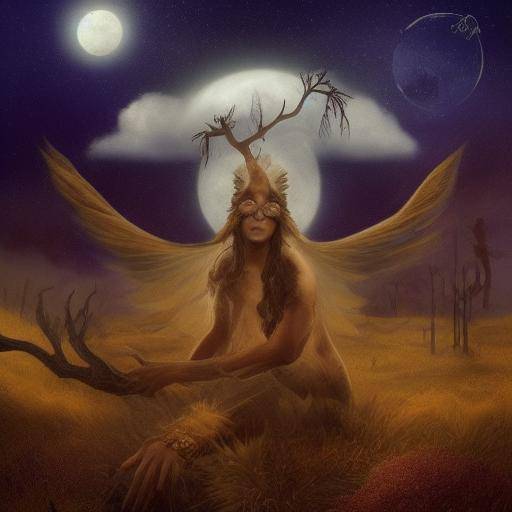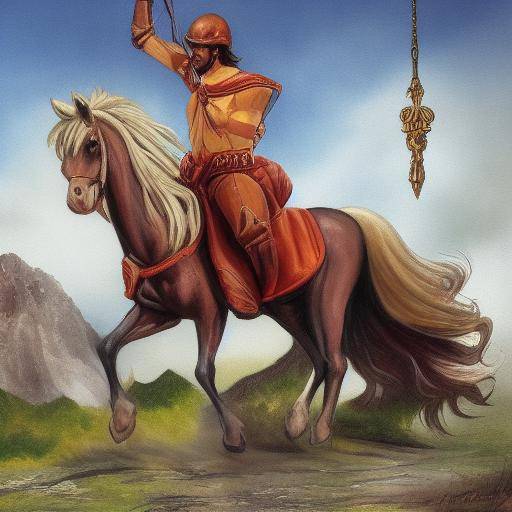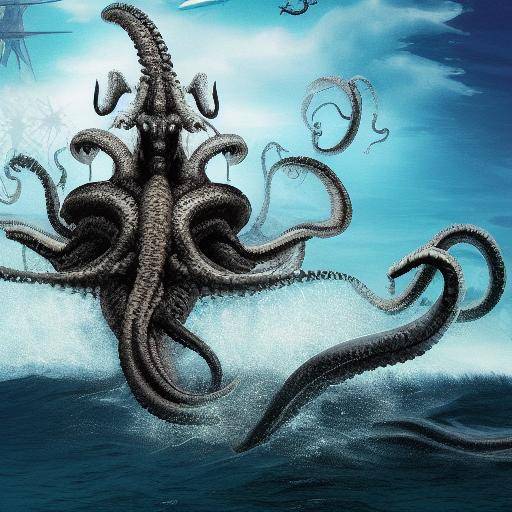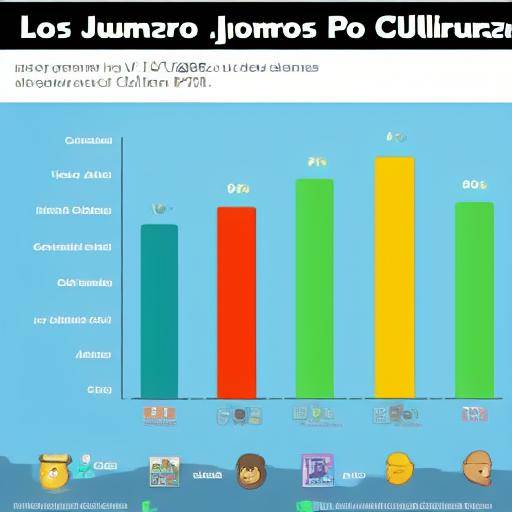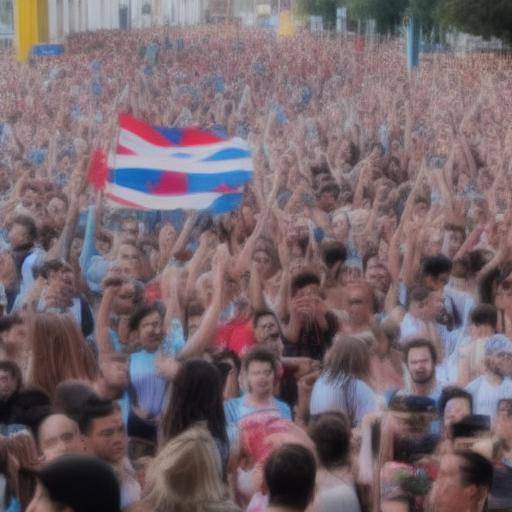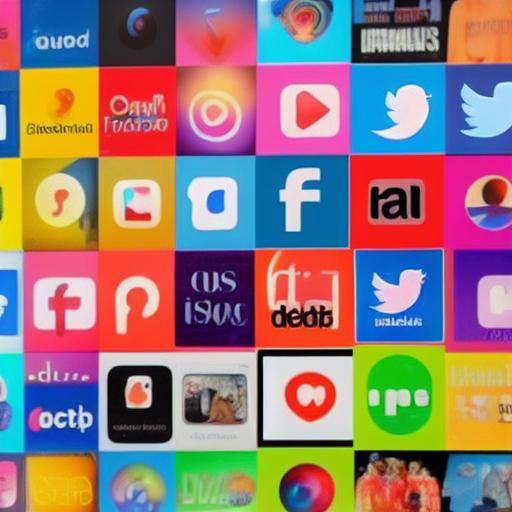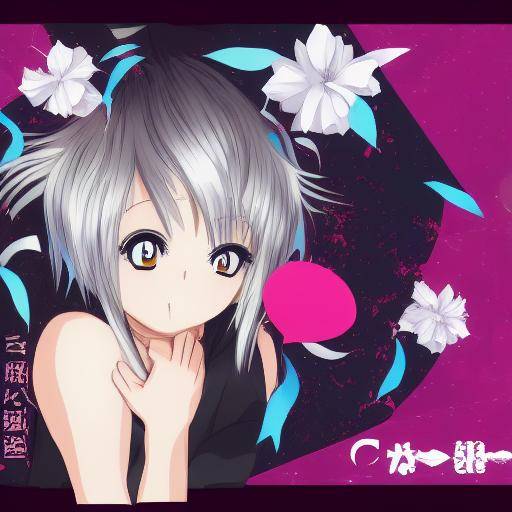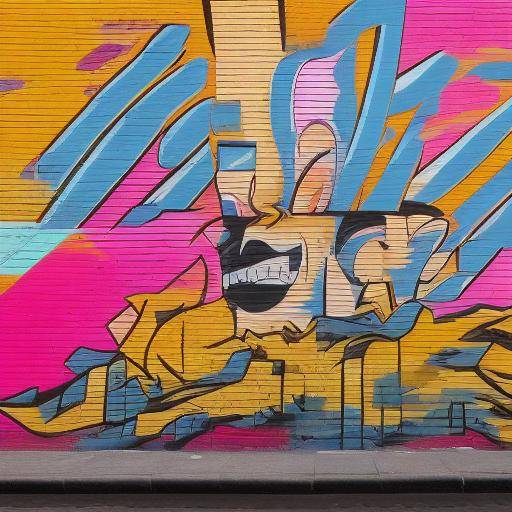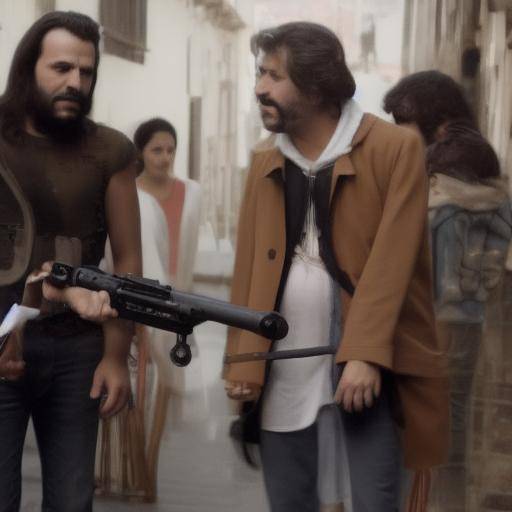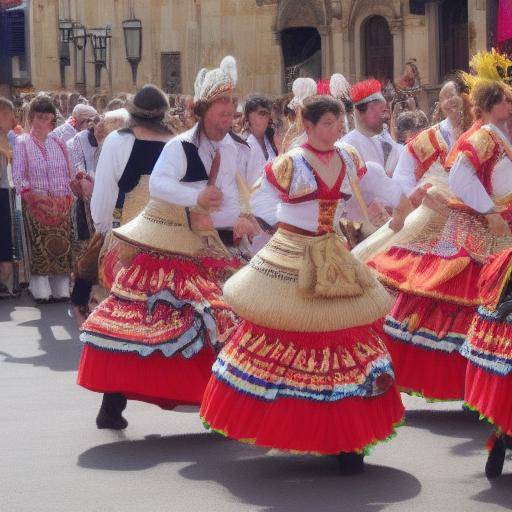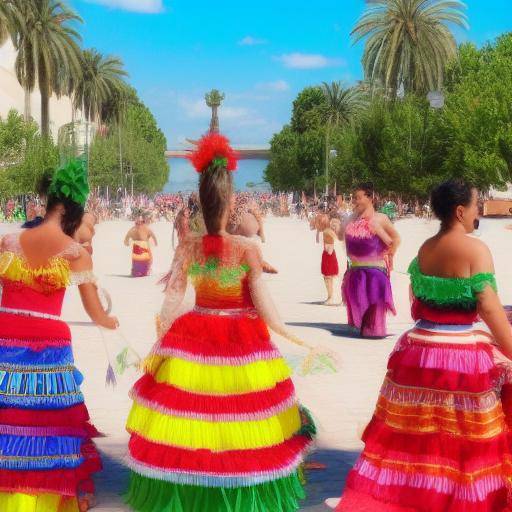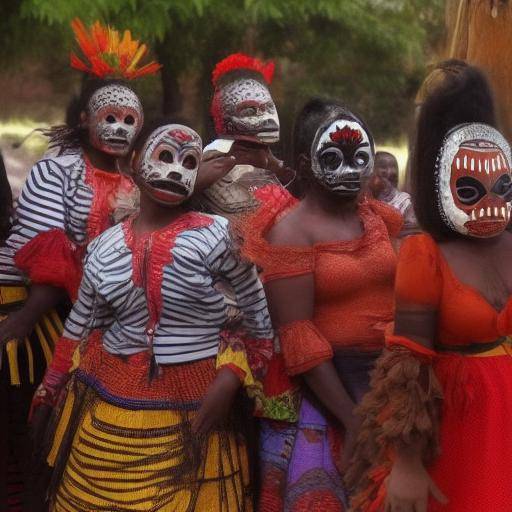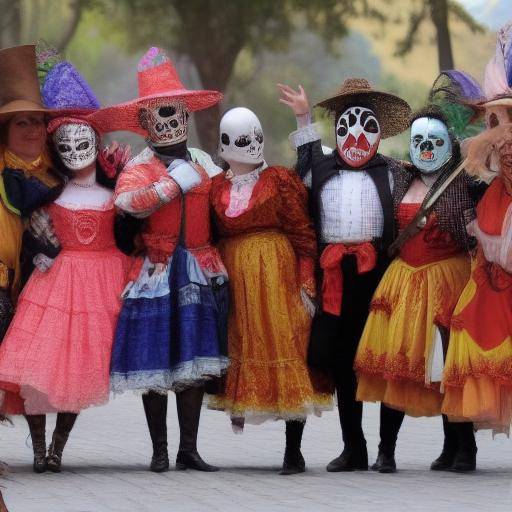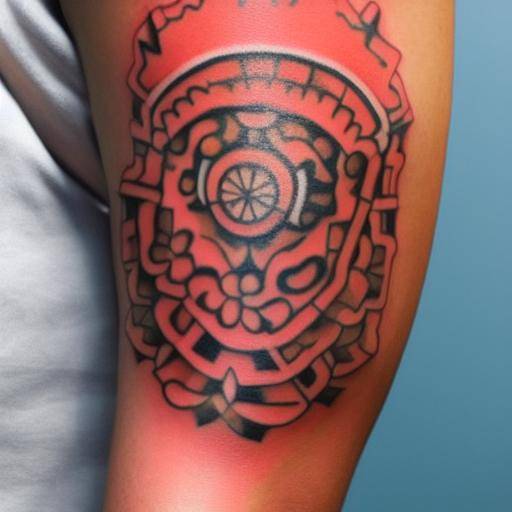
Polynesian tattoos, also known as tā moko, are a form of ancient body art and deeply rooted in Polynesian culture. These tattoos are not only an expression of art, but also possess a unique cultural and spiritual meaning. In this article, we will explore in detail the meaning, history, mythology and the importance of tattoos in polynesian culture. From its origins to its evolution in modern society, we will immerse ourselves in the fascinating world of Polynesian tattoos, exploring its relationship with the mythology and culture of this rich and diverse group of Pacific islands.
Introduction
Polynesian culture is known for its deeply rooted traditions, and Polynesian tattoos are an intrinsic part of these traditions. From their spiritual meaning to their use as social status symbols, these tattoos offer a unique window to the rich heritage of the Polynesian region. In this article, we will explore the deep connection between polynesian tattoos, mythology and the culture of these peoples, providing an exhaustive understanding of their importance and relevance today.
History and Evolution of Polynesian Tattoos
Polynesian tattoos have a rich and complex history dating back thousands of years. These tattoos are not merely decorative, but play a crucial role in the identity and cultural heritage of the Polynesian peoples. From antiquity to modern times, these tattoos have gone through remarkable evolution, influenced by historical, cultural and social factors.
Origen of Polynesian Tattoos
Polynesian tattoos have their roots in the ancient traditions of these island peoples. Polynesian tattoos, in particular the tā moko maorí, are believed to date back more than a thousand years, playing a central role in the lineage, identity and cosmovision of polynesians. These tattoos were more than simple artistic representations; they were status symbols, family history and spiritual connections.
For centuries, polynesian tattoos were transmitted from generation to generation, preserving their meaning and transcending the barriers of time. The practice of tattooing in polynesian culture was intrinsically linked to myths, mythology and sacred rituals, and each design contained a unique narrative that told the story of its bearers.
Polynesian Tattoos in News
Over the centuries, polynesian tattoos have experienced significant evolution, adapting to sociocultural changes and maintaining their relevance in contemporary society. Although the impact of contact with European colonizers and other historical factors has influenced the practice of polynesian tattoos, their significance and cultural value remain today.
Today, Polynesian tattoos are not only appreciated for their aesthetic beauty, but also serve as powerful reminders of the cultural heritage and identity of the Polynesian peoples. The revitalization of these cultural practices has generated a renewed interest in polynesian tattoos, both inside and outside the polynesian culture, which demonstrates its lasting impact on the contemporary world.
The Importance of Mythology in Polynesian Tattoos
Mythology plays a crucial role in understanding polynesian tattoos, as it provides a symbolic framework for interpreting designs and their meanings. The rich mythology of the Polynesian peoples has influenced the creation and use of tattoos, connecting people with their ancestors, gods and the spiritual world in a unique and meaningful way.
Symbolism and Mythological Meanings in Polynesian Tattoos
Polynesian tattoos are impregnated with symbolism derived from Polynesian mythology. Each element of design, from geometric patterns to intricate symbols, is imbued with meanings that go back to ancestral beliefs and legends. Polynesian mythology offers a rich source of inspiration for tattoos, providing visual language that transcends mere physical adornment.
Spiritual Connections
Polynesian tattoos not only represent concrete elements of mythology, but also establish spiritual connections with the gods, ancestors and nature. The tattoo designs often incorporate symbols that evoke protection, wisdom, strength and connection to the spiritual world, reflecting the profound influence of mythology on the conception and creation of polynesian tattoos.
Mythological Narratives in Designs
Each stroke and pattern of polynesian tattoos tells a story, using mythological elements to weave visual narratives that honor the cultural heritage of the Polynesian peoples. Tattoos can represent mythical figures, legendary heroes, venerated gods or transcendental events, creating a vivid representation of legends that have endured throughout generations.
Perpetration of Mythological Tradition
Polynesian tattoos act as living carriers of mythological traditions, keeping alive the legacy of ancestral accounts through their presence in the body of those who carry them. This continuous connection with mythology transcends aesthetic mere, infusing polynesian tattoos with a deep sense of purpose and meaning that crosses the barriers of time and space.
Influence in Cultural Identity
Mythology in polynesian tattoos is not only limited to the spiritual realm, but also influences the construction of the cultural identity of polynesian individuals and communities. By carrying designs that refer to mythological traditions, people strengthen their connection with their heritage, proudly expressing their belonging to a rich and vibrant cultural tradition.
Influence of Culture in Polynesian Tattoos
Polynesian culture is intrinsically intertwined with tattoos, as both reflect the experiences, values and beliefs of these island peoples. From ritual ceremonies to the intergenerational transmission of knowledge, Polynesian culture permeates tattoos with layers of meaning that transcend the mere aesthetic.
Rituality and Ceremony
The practice of tattooing on Polynesian culture is closely linked to rituals and ceremonies that mark important milestones in a person's life. From puberty to tribal leadership, tattoos play a fundamental role in the celebration of the transition, thus rooting these artistic expressions in the cultural fabric of Polynesian society.
Identity Expression
Polynesian tattoos are a form of expression of personal and cultural identity. The tattoo designs reflect the cosmovision of those who carry them, transmitting messages about belonging to a community, social position, personal feats and fundamental values of Polynesian culture. Thus, tattoos not only embellish the body, but also proclaim the cultural identity of their carriers.
Intergenerational Transmission
The culture of Polynesian tattoos is transmitted from generation to generation, marking a lasting cultural legacy that unites the Polynesian communities over time. The transfer of knowledge and techniques, as well as the preservation of the meanings and narratives associated with tattoos, strengthens the connection between generations and perpetuates the cultural wealth of the Polynesian region.
Celebration of Cultural Diversity
The diversity of Polynesian culture is reflected in the variety of tattoo designs and styles found in different islands and communities. Each tribe and region has their own unique traditions and approaches for tattoos, which adds an additional layer of complexity and wealth to the practice of tattooing in Polynesian culture.
Celebration and Renewal of Traditions
As modern society embraces cultural diversity and seeks to preserve ancestral traditions, Polynesian tattoos experience a revaluation within and outside polynesian culture. The resurgence of traditional tattoo practices, together with new contemporary interpretations and adaptations, demonstrates the dynamism and vitality of Polynesian culture in the current world.
Conclusion
Polynesian tattoos, imbued with mythological meanings and rooted in the rich culture of the Polynesian peoples, represent a unique form of artistic expression that transcends the borders of time and space. From its ancestral origins to its contemporary relevance, polynesian tattoos encapsulate the essence of mythology and culture of the polynesian region, serving as a powerful manifestation of identity, heritage and spiritual connection. As the interest in polynesian tattoos continues to grow, its cultural value and its influence will remain as a living testimony of the richness and diversity of Polynesian culture.
Frequently asked questions
1. What is the meaning of tattoos in Polynesian culture?
In Polynesian culture, tattoos have multiple meanings, ranging from the expression of personal and cultural identity to the connection with mythology and the celebration of important milestones in a person's life. These tattoos are an artistic manifestation that reflects the worldview and cultural heritage of the Polynesian peoples.
2. What is the importance of mythology in polynesian tattoos?
Mythology in polynesian tattoos provides a profound symbolic meaning to designs, connecting the carriers with their ancestors, gods and the spiritual world. Each element of the design is imbued with mythological narratives that honor the rich cultural heritage of the Polynesian region.
3. How is polynesian tattoo culture transmitted?
Polynesian tattoo culture is transmitted from generation to generation through rituals, ceremonies and the transfer of knowledge and techniques. The diversity of these tattoos reflects the unique traditions of each tribe and region, celebrating the cultural wealth of Polynesian society.
4. What is the relationship between polynesian tattoos and cultural identity?
Polynesian tattoos are an expression of personal and cultural identity, proclaiming membership in a community, social position and fundamental values of Polynesian society. These tattoos celebrate the cultural diversity of the region and strengthen the connection between generations.
5. To what extent have polynesian tattoos experienced revitalization today?
Polynesian tattoos have experienced a significant rebirth in contemporary society, revealing a renewed interest both within and outside polynesian culture. This resurgence reflects the value of ancestral traditions and the vitality of Polynesian culture in the present world.
6. How can polynesian tattoos be interpreted in contexts outside polynesian culture?
Polynesian tattoos, with their mythological and cultural meanings, can be interpreted as manifestations of personal and cultural identity outside Polynesian culture. Its aesthetic beauty, together with its deep symbolism, transcends cultural barriers and has gained a wide recognition in contemporary society.
Conclusion
Polynesian tattoos, imbued with mythological meanings and rooted in the rich culture of the Polynesian peoples, represent a unique form of artistic expression that transcends the borders of time and space. From its ancestral origins to its contemporary relevance, polynesian tattoos encapsulate the essence of mythology and culture of the polynesian region, serving as a powerful manifestation of identity, heritage and spiritual connection. As the interest in polynesian tattoos continues to grow, its cultural value and its influence will remain as a living testimony of the richness and diversity of Polynesian culture.
In short, Polynesian tattoos are much more than simple marks on the skin; they are carriers of mythological narratives, symbols of cultural identity and manifestations of the rich and diverse heritage of the Polynesian peoples. Through their intricate designs and deeply rooted meanings, these tattoos offer a unique window to the mythology and culture of the Polynesian region, celebrating the spiritual connection, cultural diversity and the vitality of the Polynesian peoples.


